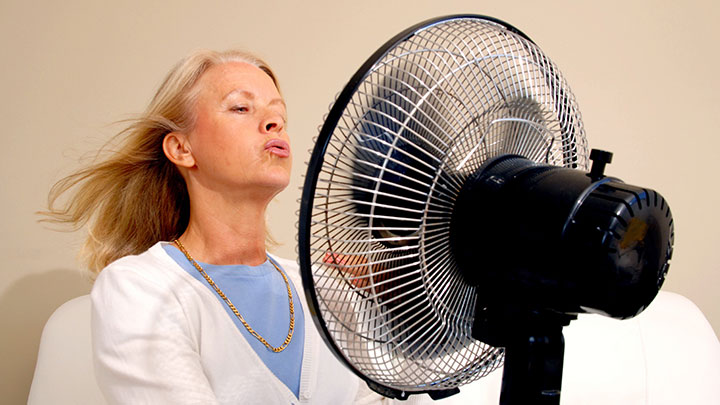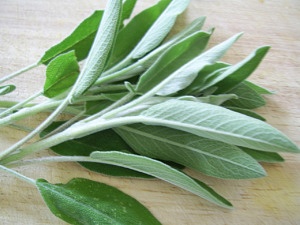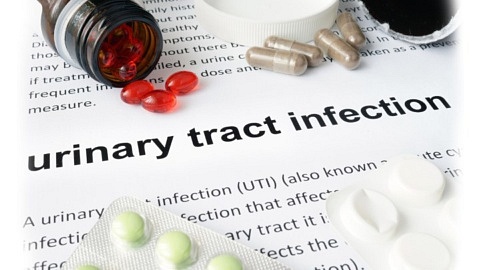It’s that time of the summer break when camps and family vacations are winding down and parents and kids eagerly look forward to another school year....
About the Author
Dr. Olivia Rose
Dr. Olivia Rose graduated from the University of Guelph with a Bachelor of Science Honours degree in Nutritional and Nutraceutical Sciences and in 2006, she graduated from the Canadian College of Naturopathic Medicine.
In addition to her private practice, Dr. Rose is the director of Fertility Acupuncture Services, a mobile service that brings acupuncture to couples undergoing in vitro fertilization and intrauterine insemination at Toronto fertility clinics. Her special areas of interest include infertility; children and teen health; stress management; weight loss; heart disease; digestive and immune health; skin rejuvenation and pain management. She is a birth doula and has additional training in cosmetic acupuncture and needle-less therapies for skin rejuvenation and joint pain.
Dr. Rose is a sought-after lecturer for community organizations; a freelance writer and mentor to new graduates. She has been interviewed by various media outlets including Global Toronto’s, “The Morning Show”, “News at Noon” and “News Hour”. In her free time, she unplugs at the spa and she enjoys spending quality time with her husband, son and tea-cup Yorkie. For more information on Dr. Rose's practice and special events, please visit - www.oroseND.com


 Caffeine – A common trigger for hot flashes is the food and beverages that contain caffeine, alcohol and spice. Caffeine can be found in chocolate, coffee, tea as well as prescription and over-the-counter medications and supplements. As a central nervous system stimulant, coffee can trigger an increase in blood pressure, heart rate and body temperature. These increases can trigger and worsen hot flashes. It is also important to note that any hot temperature beverage can trigger a hot flash. You may wish to opt for cold or iced-beverages instead.
Caffeine – A common trigger for hot flashes is the food and beverages that contain caffeine, alcohol and spice. Caffeine can be found in chocolate, coffee, tea as well as prescription and over-the-counter medications and supplements. As a central nervous system stimulant, coffee can trigger an increase in blood pressure, heart rate and body temperature. These increases can trigger and worsen hot flashes. It is also important to note that any hot temperature beverage can trigger a hot flash. You may wish to opt for cold or iced-beverages instead. Sage
Sage

